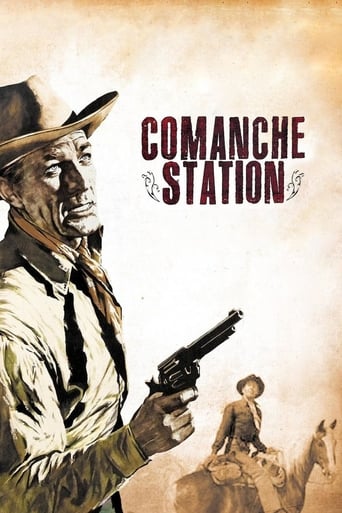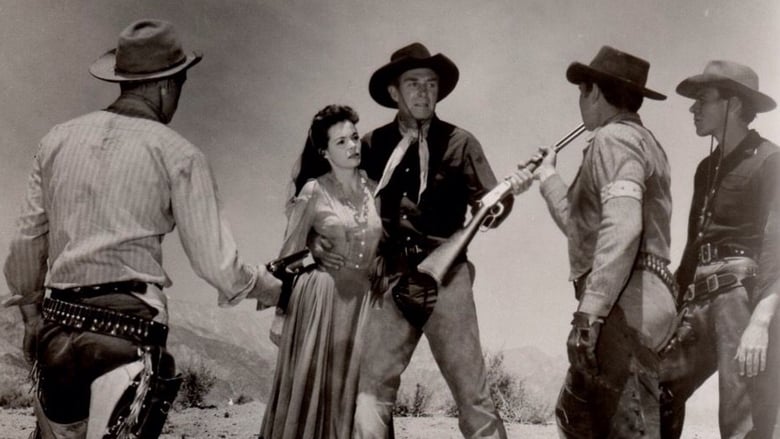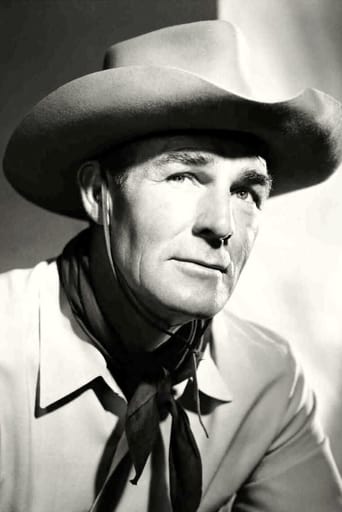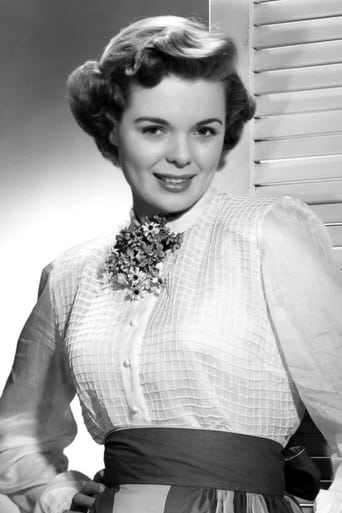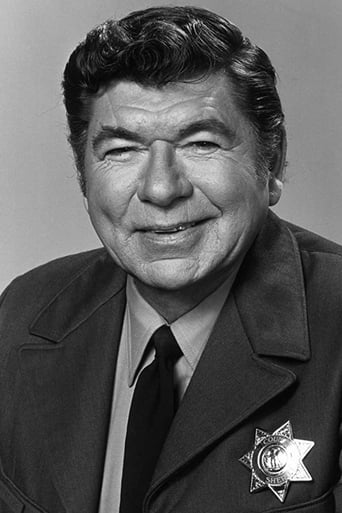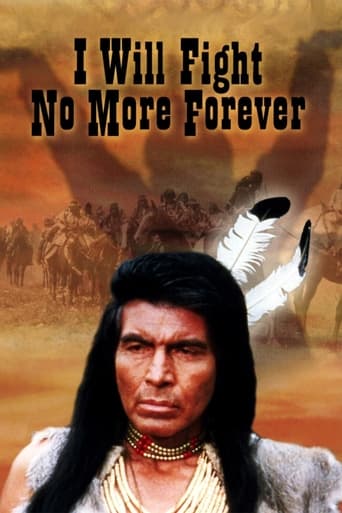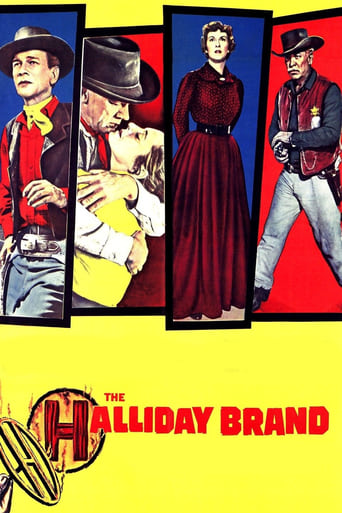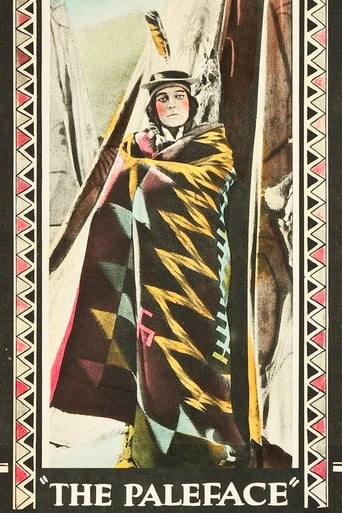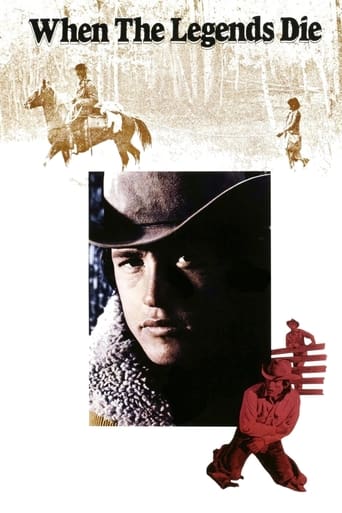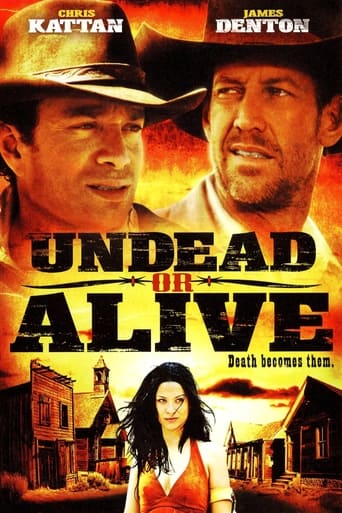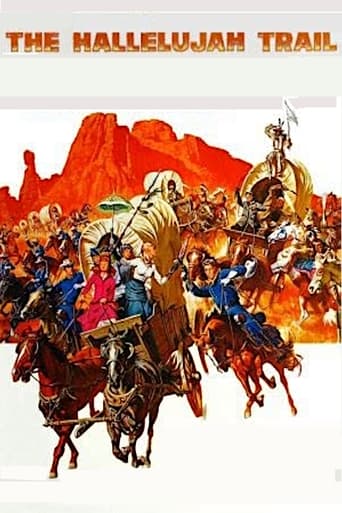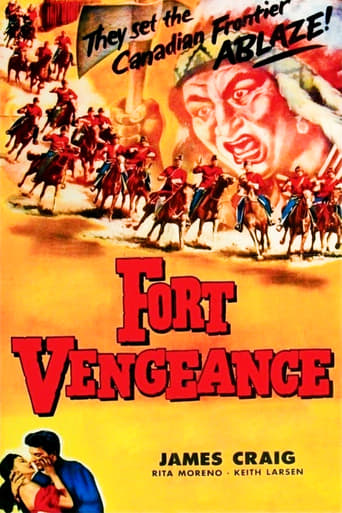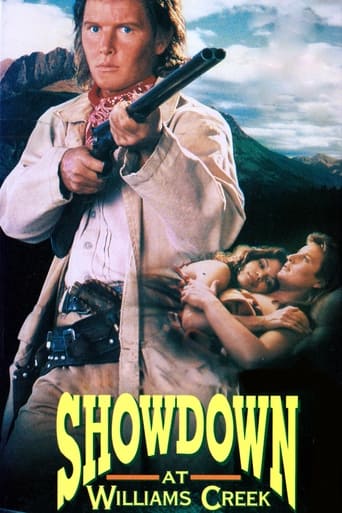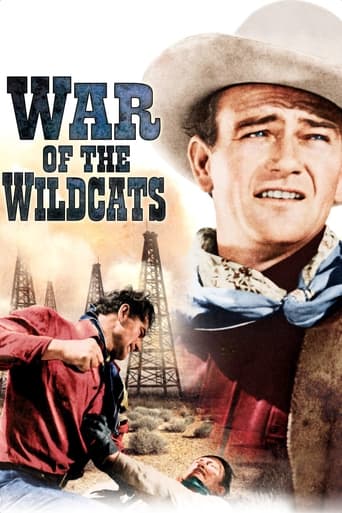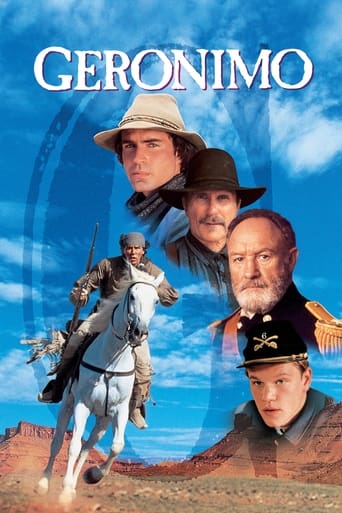Comanche Station (1960)
A white man trades with the Comanche for the release of a female stranger and the pair cross paths with three outlaws who have their eyes on the handsome reward for bringing her home and Comanche on the warpath.
Watch Trailer
Free Trial Channels
Cast


Similar titles
Reviews
This Movie Can Only Be Described With One Word.
Ok... Let's be honest. It cannot be the best movie but is quite enjoyable. The movie has the potential to develop a great plot for future movies
This is one of the best movies I’ve seen in a very long time. You have to go and see this on the big screen.
A clunky actioner with a handful of cool moments.
"Comanche Station" was the seventh and final collaboration between Producer/Director Budd Boetticher and star Randolph Scott.Again, Scott is a loner searching for something or somebody. As Jefferson Cody he riding to negotiate the freedom of a white woman from the Comanche. The woman turns out to be Nancy Lowe (Nancy Gates) who was taken during a stagecoach holdup. We learn much later that Cody has been searching for his wife who had been similarly taken ten years before.Cody plans to take the woman back to her husband in Lordsburg. They arrive at Comanche Station, a relay station and find it deserted. Just then three men are fleeing a hostile Comanche war party. They join Cody and manage to drive the Indians away.Ben Lane (Claude Akins) is the leader and he and Cody immediately recognize each other. It seems they have a past. The other two are simple uneducated drifters, Frank (Skip Homier) and Dobie (Richard Rust). The station agent (Rand Brooks) rides in with an arrow in his chest and warns of the warring Comanche bands all over the area before he dies.Cody decides that he better move on. Lane decides to go along since there is a $5,000 reward for the return of Mrs. Lowe to her husband. Both Cody and Lane wonder out loud why the husband did not come after his wife himself. Lane tells Cody that he is after the reward and will do anything necessary, including killing Cody, to get it.Lane sends Frank ahead to scout the Comanche only to find him floating down the stream dead. Cody is attacked by the Comanche while searching for a safe crossing across an open area. In a curious move, Lane rides to his rescue and saves Cody's life. In an earlier moving scene between Frank an Dobie, they discuss their lives and life choices. Frank is satisfied with his life as is, while Dobie longs for something better.Finally, Lane decides to make his move to kill Cody. Dobie tries to leave not wanting to be a part of the killing but is shot down by Lane. Cody then goes after Lane and......................................This being the last film in the series, one can look back and see many similarities in the plots of the various films. For example. Scott's characters are all loners for one reason or another searching for something. He and whomever he is "bringing in" always seemed to arrive at a relay station where the main characters hook up. They all ride out in a group to escape either the Indians or a pursuing gang across open country and the same bushed in areas. (I'm sure I spotted that hanging tree from "Ride Lonesome" (1958) in this film. Scott never actually gets to the town he is headed for, I suppose due to budget restrictions.Nevertheless It was a great series of beautifully photographed little westerns. Randolph Scott decided to "hang 'em up" after this film only to be lured out of retirement for one last film in 1962's "Ride the Hugh Country"
Budd Boetticher's "Comanche Station" isn't as entertaining as "Ride Lonesome." Randolph Scott's stalwart hero rescues the wife of a white man, Nancy Lowe (Nancy Gates of "Hitler's Children"), abducted by Indians. Later, three mangy owl-hoots join him at the stagecoach swing station, Comanche Station, that gives the place its name. Later, Ben Lane (Claude Atkins of "Rio Bravo") and two younger gunslingers, Frank (Skip Homeier of "Day of the Badman") and Dobie (Richard Rust of "The Great Gundown"), ride along with Jefferson Cody (Randolph Scott) as he escorts the woman back to her husband. Burt Kennedy penned the "Ride Lonesome" screenplay and he seems to have recycled the basic elements for "Comanche Station." Like "Ride Lonesome," the Scott hero in "Comanche Station is taking somebody to a far-off destination, just as he was taking a captive outlaw to a noose in the former film. Predictably, the Native Americans are on the warpath, and they are determined to kill the protagonist Cody as is his old adversary, Ben Lane, who lets nothing stand in his way. Along the way, the Native Americans kill Frank with an arrow, while Ben Lane dreams up an idea that he can take Cody. The rugged scenery is a plus for this dusty horse opera. Claude Akins makes a great villain, while Scott is his usual, straightforward knight in denim armor. The characters aren't as interesting, and the narrative plods and is often predictable.
It is perhaps appropriate that "Comanche Station" marks the end of the run of westerns Randolph Scott made with director Budd Boetticher. Lean and pure, it embodies the overarching thematic and moral concerns that make their films so lasting.We open on Jefferson Cody (Scott) riding alone through the grim dry hills of a western landscape. Suddenly surrounded by Comanche warriors, he wordlessly puts away his rifle and lays out a blanket full of goods. The Comanches offer horses; he shakes his head and makes sign he wants something else. Even when they brandish their spears, Cody is undeterred. Soon, he gets what he wants: A white woman (Nancy Gates) with a bounty being offered for her return.The scene unfolds with little dialogue. It is six minutes before even two words are spoken in English, two more minutes pass before anything else is said. By then, we are paying close attention, to the point where a sentence becomes like a soliloquy.The Scott-Boetticher films were always so; here it becomes almost natural. We have come to expect this sort of spartan scripting, and in Burt Kennedy we have a scripter able to make the most of very little. Sometimes it isn't what's being said, but what isn't said, that's important.Asked by the woman if he would still want a woman after what the Comanche have done to her, Cody's answer is simple: "I loved her, it wouldn't matter." The important word here, as we come to discover, is the word that's missing at the beginning of his reply: "If."Coming as it does at the dawn of a new decade, one to be defined by westerns of a decidedly different hue, "Comanche Station" determinedly belongs to the old camp of solid values, yet with an understanding such values aren't easy to come by. Take the main antagonist, Ben Lane (Claude Akins). Cody openly dislikes Lane, on account of a brutal attack Lane led against a village of peaceful Indians. But Lane has two companions with guns, and Cody must allow Lane to ride with him and the woman, even though Lane makes clear he has a hankering for the $5,000 bounty the woman's husband put on her return, dead or alive."You got a worth," Lane tells the woman with a nasty grin.So does "Comanche Station," a worth hard to explain. Lean as it is, it's as easy to take for granted as it is to watch. You have to view it a few times to pick up on the many subtleties, like how Cody quietly works the gaps he discovers between Lane and one of his subordinates, Dobie (Richard Rust), in order to work out a method for staying alive.Boetticher westerns often rely on the strength of its bad guys for dramatic interest; here it's Dobie that draws us in. As Cody is as taciturn as Scott usually was in westerns, you need Dobie to give us something to hold onto. But what? Dobie is stuck in a life he doesn't like, but as his partner tells him, "a man gets used to a thing." Rust sells the performance with gentle humor and an affectionate way we don't expect from a red-shirt henchman.The film does feel like a story that has been told before. Scott and Boetticher in fact did so before, in earlier westerns that, at their best, moved with a little more vigor and bend. The deterministic quality of the plot and its characters here can be a weight when you've seen the other films, most notably "Seven Men From Now," which had a similar plot, and "Ride Lonesome," which had the same ambiguities.But taken as a variation on a theme, and its culmination, "Comanche Station" is terrific entertainment, something to be savored as well as enjoyed. Scott would make only one more western after this, "Ride The High Country," setting up that director Sam Peckinpah on a trail entirely different from the one being rode here. But you watch close, and you can see there's a continuation between those later, darker westerns, and what you get here, an exploration of rugged individualism tested by adversity and found somehow ennobling, whatever the cost.
This film is one of the worst westerns I have ever seen.First of all,commanches with Mohawk haircuts!This film is very racist to the commanche,it contains almost every single stereotype I have seen in western films.I have seen bad westerns before but at least the mistakes they make in them are funny,this film is just boring all the way through. What ever you do do NOT buy this if you want to buy a good Technicolor western buy broken arrow,I will fight no more forever,Tomahawk/the battle at Powder river,the searchers,Run of the arrow and centennial is a great western TV series.The only good thing about this film is the setting but you don't normally watch a film just for the setting.If you can find this film on the internet for free watch it if your really bored and have nothing else to do.

